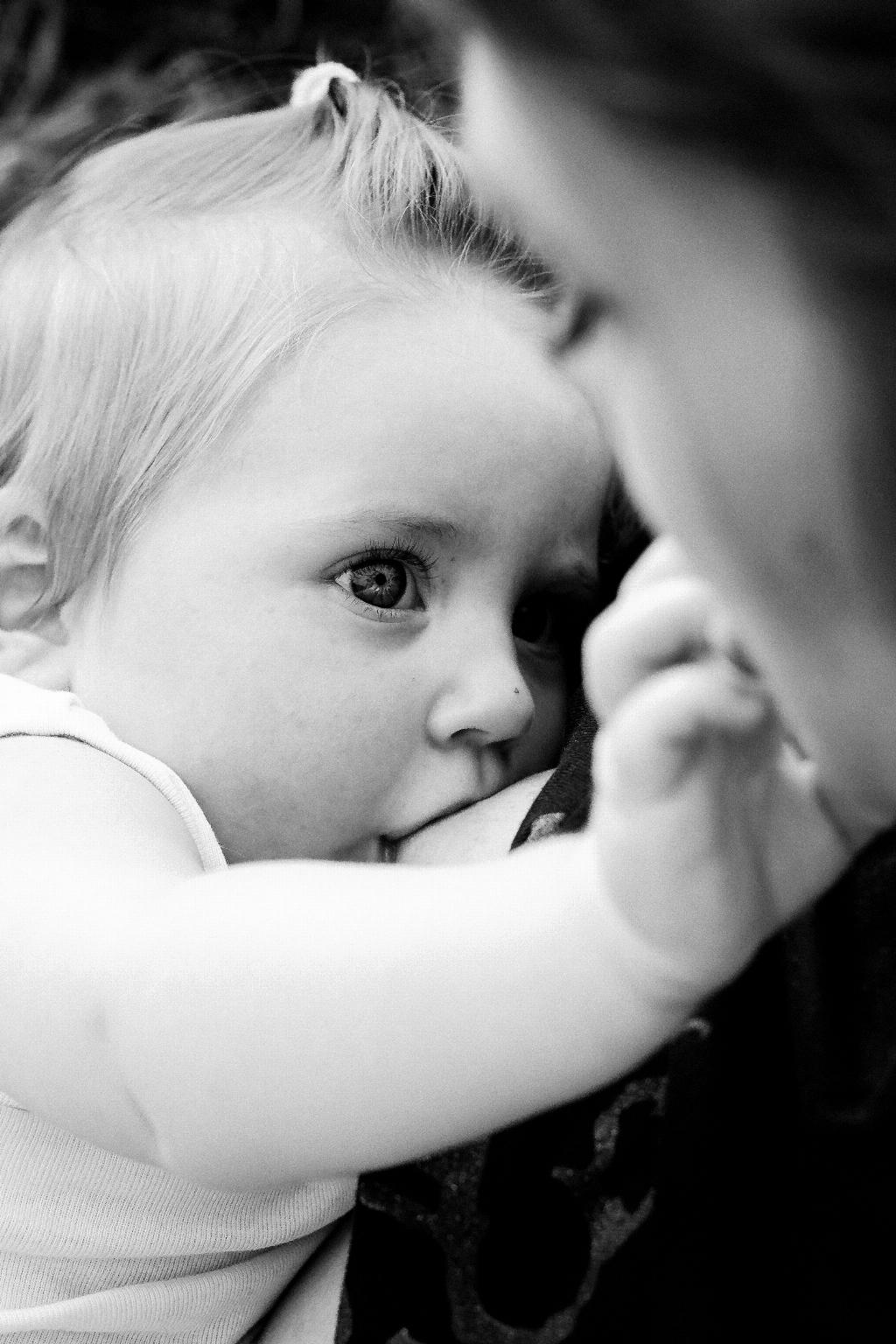Having your milk supply impacted by illness can be a challenge many breastfeeding mothers face. Recovering from sickness while also trying to rebuild your milk supply requires patience, dedication, and self-care. Here are some key strategies to help you navigate this process effectively.
Stay Hydrated
Ensuring you are well-hydrated is crucial for supporting milk production. Drink plenty of water throughout the day to keep yourself hydrated. Herbal teas, coconut water, and electrolyte drinks can also be beneficial in replenishing lost fluids.
Rest and Rejuvenate
Rest is essential for your body to recover from illness and to support milk production. Make sure to prioritize rest and relaxation, even if it means asking for help with household tasks or childcare. Nap when your baby naps to get extra rest.
Healthy Nutrition
Eating a well-balanced diet rich in fruits, vegetables, whole grains, and protein is key to rebuilding your milk supply. Focus on nutrient-dense foods that will nourish your body and support milk production. Consider consulting with a lactation consultant or nutritionist for personalized guidance.
Galactagogues
Galactagogues are substances that can help boost milk production. Foods like oats, fenugreek, and brewer’s yeast are known for their galactogenic properties. Including these items in your diet may help stimulate milk production.
Emptying the Breast
Frequent and effective milk removal is essential for signaling your body to produce more milk. Nurse your baby on demand or pump regularly to ensure breasts are emptied completely. Double pumping can be a useful technique to increase milk supply.
Skin-to-Skin Contact
Engaging in skin-to-skin contact with your baby can help stimulate milk production through the release of oxytocin, the hormone responsible for milk ejection. Spend time cuddling and bonding with your baby to encourage milk flow.
Seek Support
Rebuilding your milk supply after illness can feel overwhelming at times. Reach out to a lactation consultant, La Leche League group, or other breastfeeding support networks for guidance, encouragement, and reassurance.
Monitor Baby’s Weight
Keep an eye on your baby’s weight gain to assess if they are receiving an adequate amount of milk. Regular weight checks can help you gauge the effectiveness of your efforts in rebuilding your milk supply.
Stay Positive
Remember that rebuilding your milk supply is a gradual process that requires time and patience. Stay positive and trust in your body’s ability to produce milk for your baby. Surround yourself with positivity and optimism.
Avoid Stress
Stress can hinder milk production, so it’s important to find ways to manage stress and prioritize self-care. Practice relaxation techniques such as deep breathing, meditation, or gentle exercise to help alleviate stress and support milk supply.
Consult a Healthcare Provider
If you continue to face challenges in rebuilding your milk supply after illness, don’t hesitate to seek guidance from a healthcare provider. They can offer additional support, recommendations, and interventions to help you achieve your breastfeeding goals.
Conclusion
Recovering from illness and rebuilding your milk supply may present hurdles, but with the right strategies and support in place, you can overcome these challenges and continue providing nourishment for your baby through breastfeeding. Remember to prioritize self-care, stay hydrated, rest adequately, and seek help when needed to promote a successful breastfeeding journey.

